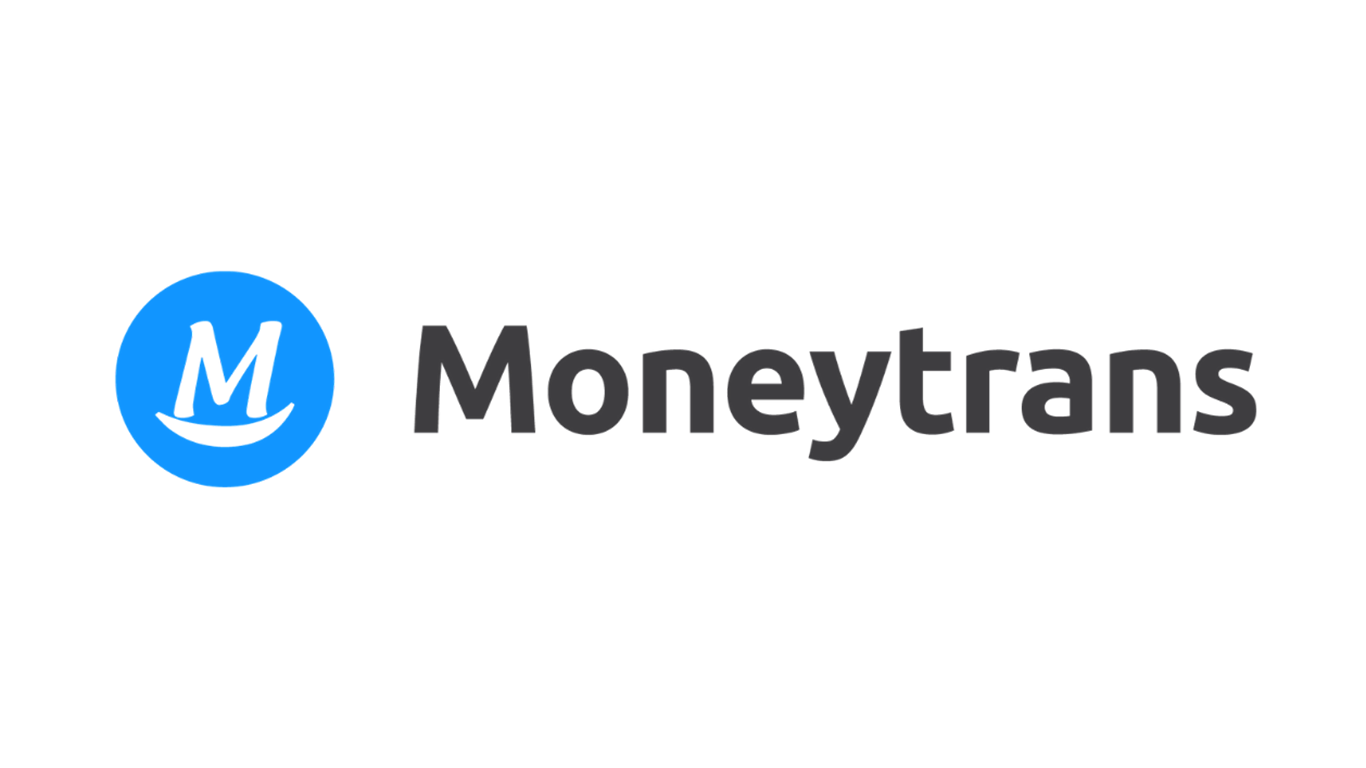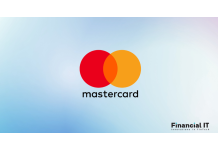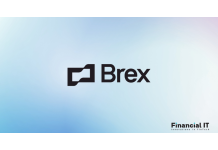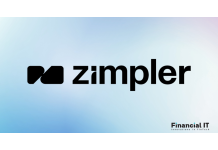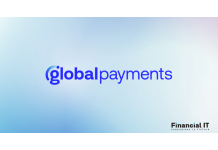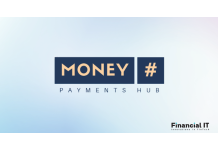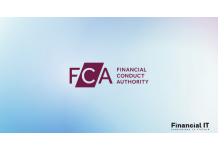Mastercard Simplifies Business Payments With Oracle...
- 11.09.2025 01:55 pm
Upwork Partners With Wise Platform to Enhance...
- 11.09.2025 01:25 pm
Jet2 plc Selects APEXX Global as Payment Orchestration...
- 11.09.2025 12:25 pm
Brex Partners With DoorDash for Business to Deliver...
- 11.09.2025 11:35 am
DIGISEQ Set to Unlock Visa Tokenisation as Demand for...
- 11.09.2025 11:30 am
Zimpler Live With Swish as First Payment Institution...
- 11.09.2025 10:45 am
Mastercard Unveils New Tools and Collaborations to...
- 11.09.2025 10:35 am
Paysecure Launches Dynamic Cashier – The Market’s Most...
- 11.09.2025 10:05 am
dLocal Joins Fireblocks Network for Payments to...
- 11.09.2025 09:55 am
Global Payments Launches Genius™ in the UK
- 10.09.2025 01:15 pm
MoneyHash and noon Payments Announce Strategic...
- 10.09.2025 11:25 am
Proposed Contactless Changes Could Increase...
- 10.09.2025 11:15 am

